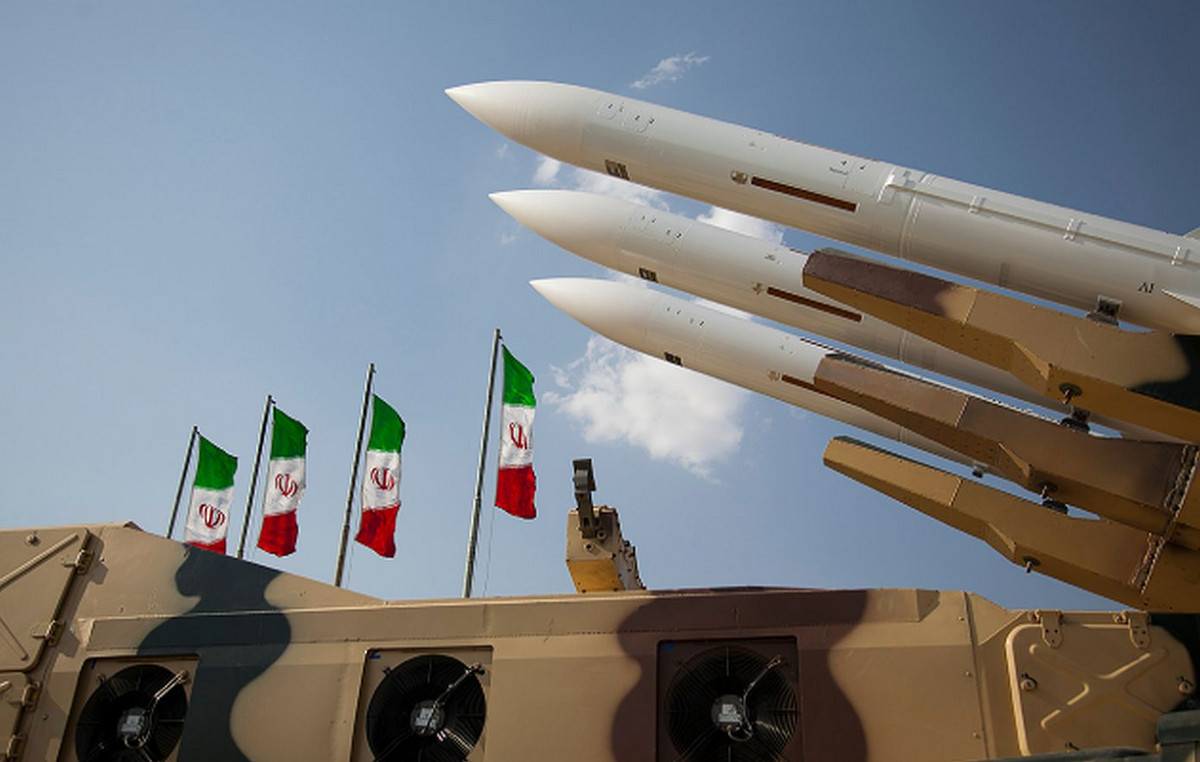The invasion of Ukraine has made Russia a pariah in the global energy market. Since the beginning of the war, a de facto embargo on Russian oil has emerged, with oil companies, trading houses, shipping companies and banks all pulling back at the same time.
Now, however, there are signs that Russian energy is attracting interest from potential buyers, at least in the shadows.
As the war in Ukraine drags on, Russian tankers carrying crude oil and petroleum products are increasingly disappearing from tracking systems.
The so-called dark activity, where the transponders of ships are shut down for hours on end, has in the past been seen by US authorities as a deceptive shipping practice that is often used to avoid sanctions.
Dark activity among affiliated Russian oil tankers has increased by 600% compared to before the start of the war, predictive intelligence firm Windward told CNN.
“We are seeing an increase in Russian tankers deliberately turning off transmissions to circumvent sanctions,” Windward CEO Ami Daniel said in an interview. “The Russian fleet is starting to hide its whereabouts and its exports.”
And this isn’t just happening with crude oil. Similar trends are also occurring with other petroleum products.
During the week of March 12, there were 33 occurrences of dark activity by Russian oil and chemical tankers, according to Windward, which uses artificial intelligence to track the maritime industry.
This is 236% higher than the previous 12-month weekly average.
“Vessels want to disappear”
International regulations require ships such as oil tankers to maintain their transponders on almost all the time.
In May 2020, the US Department of the Treasury sent a sanctions notice to the maritime, energy, and metallurgical industries to address “unlawful sanctions submission and evasion practices.”
The first example listed was “deactivating or manipulating” automatic identification systems (AIS) on vessels to “mask their movement”.
“AIS manipulation and disruption could indicate potential illicit or sanctionable activities,” the Treasury warned.
Ships can also get dark for safety reasons, including when traveling through pirate-infested waters. But Daniel, Windward’s CEO, said that’s not why ships are getting dark now.
“These vessels want to disappear from the radar. From a compliance standpoint, it’s a red flag,” he said.
In a statement to CNNa Treasury spokesperson said the agency is “aware of these reports” and works with partners and through a “variety of methods” to not rely solely on transmissions of transponder to monitor vessels of interest.
Taking a page from the Iran handbook
Similar behavior was observed in the past decade, when the United States applied sanctions against Venezuela and Iran, making it illegal to buy oil from these countries.
“Russia is following the Venezuelan and Iranian playbook, with a little twist,” said Andy Lipow, president of consultancy Lipow Oil Associates.
The twist is that, unlike Venezuela and Iran, the West has not directly imposed sanctions on Russia’s oil.
Yes, the White House has banned Russian oil imports into the United States. But that doesn’t prohibit other countries from buying Russian energy.
“Public Relations Disaster”
Still, the mere stigma of doing business with Russia, coupled with the uncertainty of sanctions, created a de facto embargo. Analysts say this helps explain the increase in dark activity among Russian-flagged ships.
Buyers don’t want to be singled out as those collecting Russian oil during Ukraine’s deadly war.
“It’s a public relations disaster,” said Robert Yawger, vice president of energy futures at Mizuho Securities.
Likewise, shipping companies may want to avoid the scrutiny that comes from handling Russian oil.
“Ships are going dark because they fear that if they take on Russian business, they will be blacklisted for a period of time and not be able to get future business,” Lipow said.
And yet, there is a financial reason to buy Russian oil now. Demand for energy is very high and – largely because of the sanctions – Russian oil is trading about $30 cheaper than Brent oil, the world benchmark.
“You’re getting a big discount,” said Michael Tran, managing director of global energy strategy at RBC Capital Markets.
“The economic incentive is there, if you’re not worried about sanctions.”
Where does the oil go?
Research firm Rystad Energy estimates that between 1.2 million and 1.5 million barrels a day of Russian crude oil exports have disappeared in the five weeks since the start of the war.
“The fate of Russia’s remaining oil exports is increasingly ‘unknown,'” Rystad Energy wrote in a report this week, noting that this mystery oil totals about 4.5 million barrels a day.
Then, who are you buying Russian oil?
Analysts said there was evidence that refiners in China and India, two of the world’s biggest oil consumers and fastest-growing economies, were stealthily buying Russian energy.
Tran said trading companies may be buying Russian oil and storing the barrels, including “floating storage” on tankers that remain at sea.
In addition to the shady activity, Windward found that some ships and companies are still dealing with Russian-affiliated tankers and carrying out ship-to-ship transfers.
In 2020, the Treasury warned that ship-to-ship transfers, especially at night or in areas deemed high risk for sanctions evasion, are “often used to avoid sanctions by concealing the origin or destination” of oil, coal and other materials. .
Despite the war in Ukraine and sanctions against Russia, the number of ship-to-ship meetings lasting at least three hours between Russian-affiliated oil tankers and other ships is “relatively normal,” Windward said.
Source: CNN Brasil
I am Sophia william, author of World Stock Market. I have a degree in journalism from the University of Missouri and I have worked as a reporter for several news websites. I have a passion for writing and informing people about the latest news and events happening in the world. I strive to be accurate and unbiased in my reporting, and I hope to provide readers with valuable information that they can use to make informed decisions.







